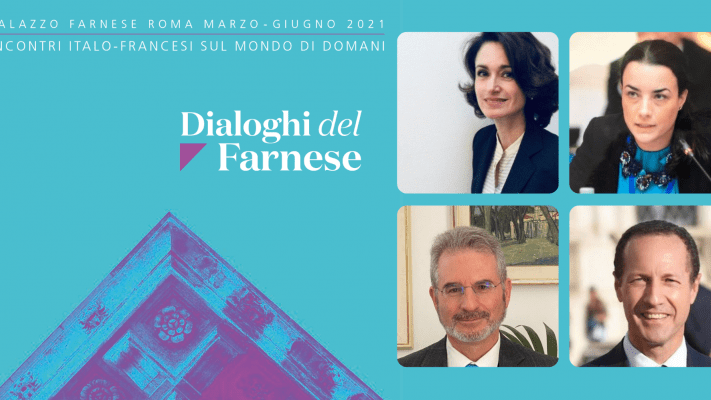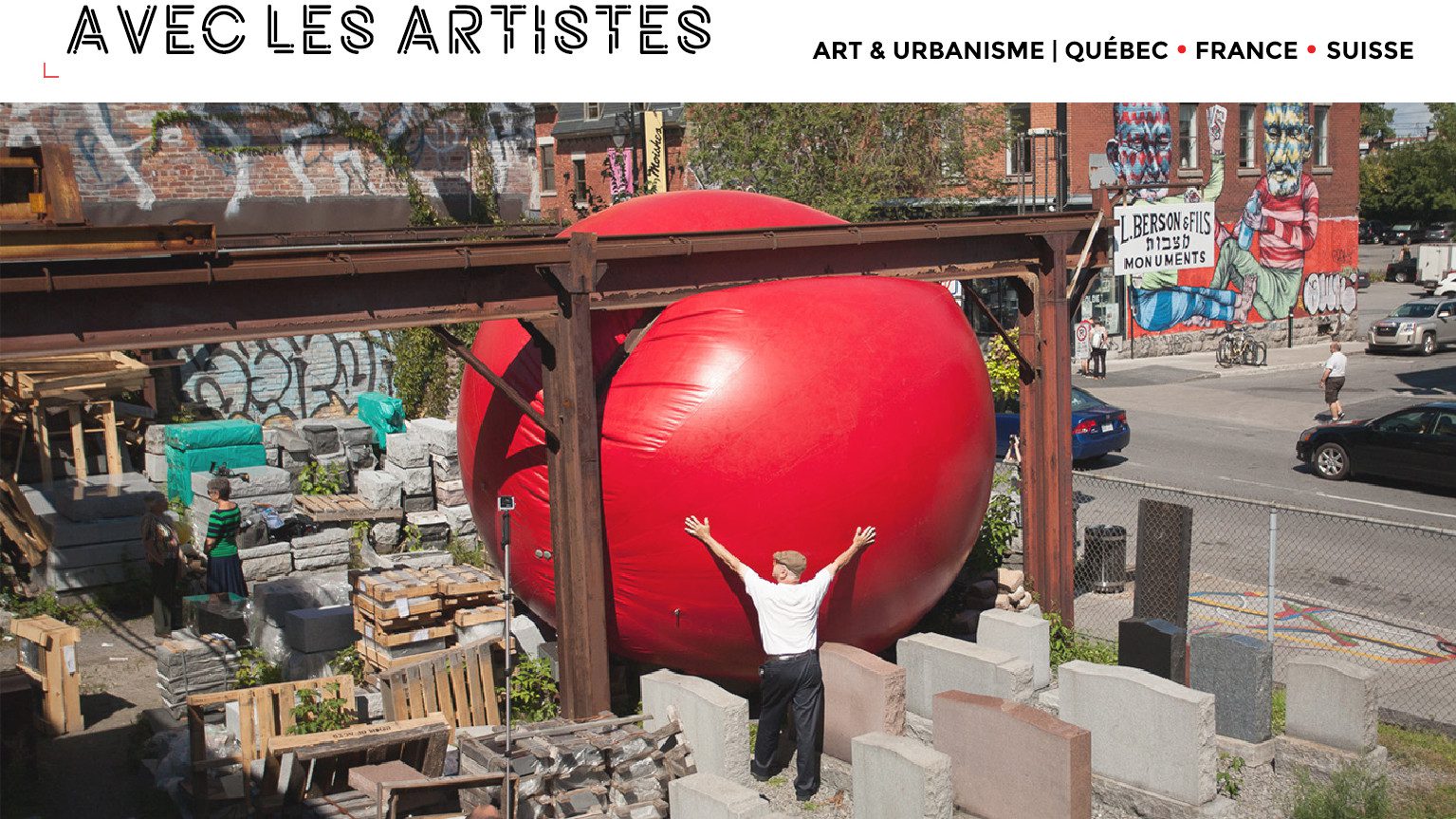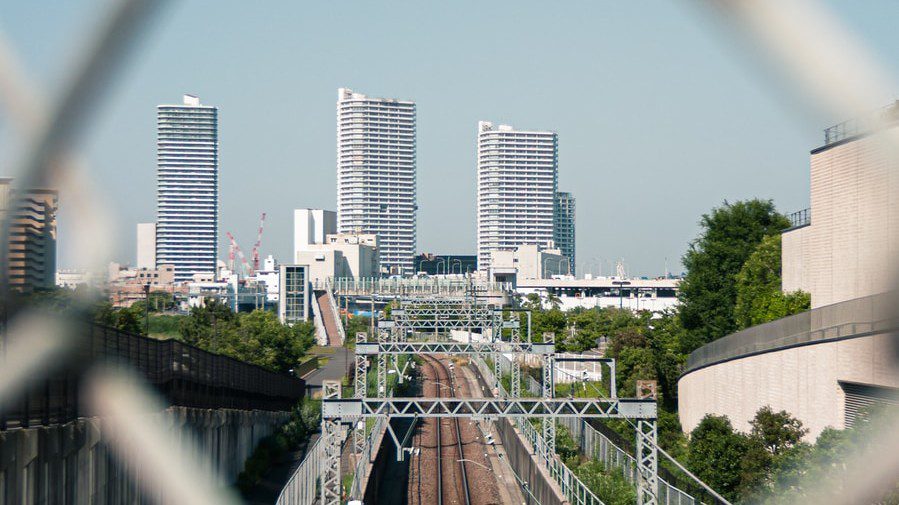Waste is an extremely commonplace object and a mirror of our societies. The "City of Waste" debates aim to question the ambivalent relationship of our urban societies to waste by highlighting the "waste workers" (Corteel, Le Lay 2011), in India and in the rest of the world, through a series of events for the general public designed around an exhibition of photographs, a film and round tables.
A paradoxical figure, the "ragpicker" is invisible and invisibilised, while being present and identifiable in the public space; he lives, most often on the urban margins, while having a very detailed knowledge of the city, its citizens and its waste(Cirelli, Florin, Bercegol, 2019). The events entitled "City of Waste" propose a reflexive return to the waste generated by our urban societies based on the Indian case and its "waste workers". In the continuity of the national programme "Clean India" ("Swachh Bhârat Abhiyan "), this initiative responds to an urgent need to understand the dynamics at work in urban waste management and its socio-environmental effects.
Unlike the countries of the North, where it is based on an environmental rationale, in the South recycling is primarily based on a rationale of necessity and it is in this sense that it is commonly thought of. However, it would be simplistic to view the problem of waste only through the spectre of poverty that it connotes. Informal' dry waste collection systems have existed for a long time in India and elsewhere, and are sometimes considered more efficient than the 'modernised' formal services in the South. Without denying the marginalising nature of the activity, particularly in India(Bercegol, Gowda, 2021), the pioneering studies of Furedy (1984) or Mukherjee and Singh (1981) have documented how recovery also composes vibrant economies that are interdependent with the formal economy, within which waste will ultimately be transformed into valuable material. For the Kabariwallah (Indian reclaimer), the Dong Nat in Vietnam or the Pengepul in Indonesia(Bercegol, Cavé, Nguyen, 2018), waste is not seen as such, but as a material to be valorised and a source of income. In this respect, Asian cities have 'extensive waste economies' (Furedy, 1992) which could legitimately appear as one of the potential solutions for a reasoned management of urban waste. Indeed, culturally imbricated in local daily practices, recovery contributes to reducing the pressure on primary resources while generating economic activities. Thus, by shifting the focus, it is possible to understand this sector differently, not only in terms of poverty, but also as a potential solution that is still under-exploited, which would reduce the mass of waste to be buried while offering prospects for socio-economic integration.
Beyond the Indian case, the aim is to stimulate debate by suggesting that the sustainable city could be built by supporting the work of recyclers, whose socio-environmental contribution is more legitimate and necessary than ever, despite the ambivalence it arouses.
Drawing on the expertise of the French research network " Société Urbaine Déchets ", the events are conceived in a multi-partner logic and are particularly interested in communication and valorisation with civil society by integrating into a multidisciplinary cultural programme with the setting up of a photographic exhibition and an associated website as well as a facebook page to record the numerous debates in several Indian cities around the screening of the CNRS-IRD film " The people of Waste ".
The events (in English and Hindi) brought together reclaimers such as the film screening in the slum of Hanuman Mandir Mazdoor Camp, civil society actors involved in local waste management, artists such as photographer Julien Hazemann, graphic designer Derik, videographer Grant Davis and guest experts such as Meghna Malhotra (Deputy director Urban Management Centre, Ahmedabad), Surbhi Agarwal (director of Mussoorie Heritage Centre, Landour), Anant Mariganti (director of Hyderabad Urban Lab, University of Hyderabad), Ravi Aggarwal (Toxic Links), and Swati Singh Sambial (UN-Habitat), Aravindhan Nagarajan of Azim Prem University (Bangalore).
The debates (in person in Delhi, Hyderabad, Mussoorie, Ahmedabad and Bangalore) reminded viewers not only of their responsibility as producers, but also and above all of the link they have with this waste society, in the shadow of the consumer society. The resulting debates ultimately show the ambivalence of the discourse on the circular economy, which helps to legitimise the need for recycling without questioning the exponential generation of waste.
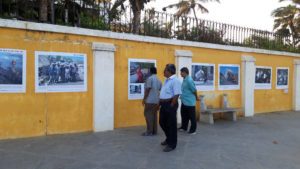
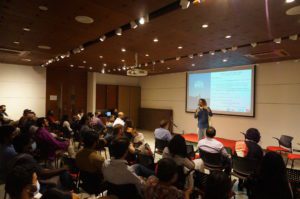 .
. 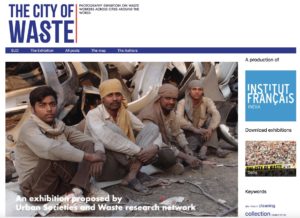
Debates and events organised in Pondicherry, Ahmedabad and screenshot of the dedicated website (http://city-of-waste.societes-urbaines-et-dechets.org/)
Project leader(s) :
Dr. Rémi de Bercegol
This content may also be of interest to you
28/06/2021


